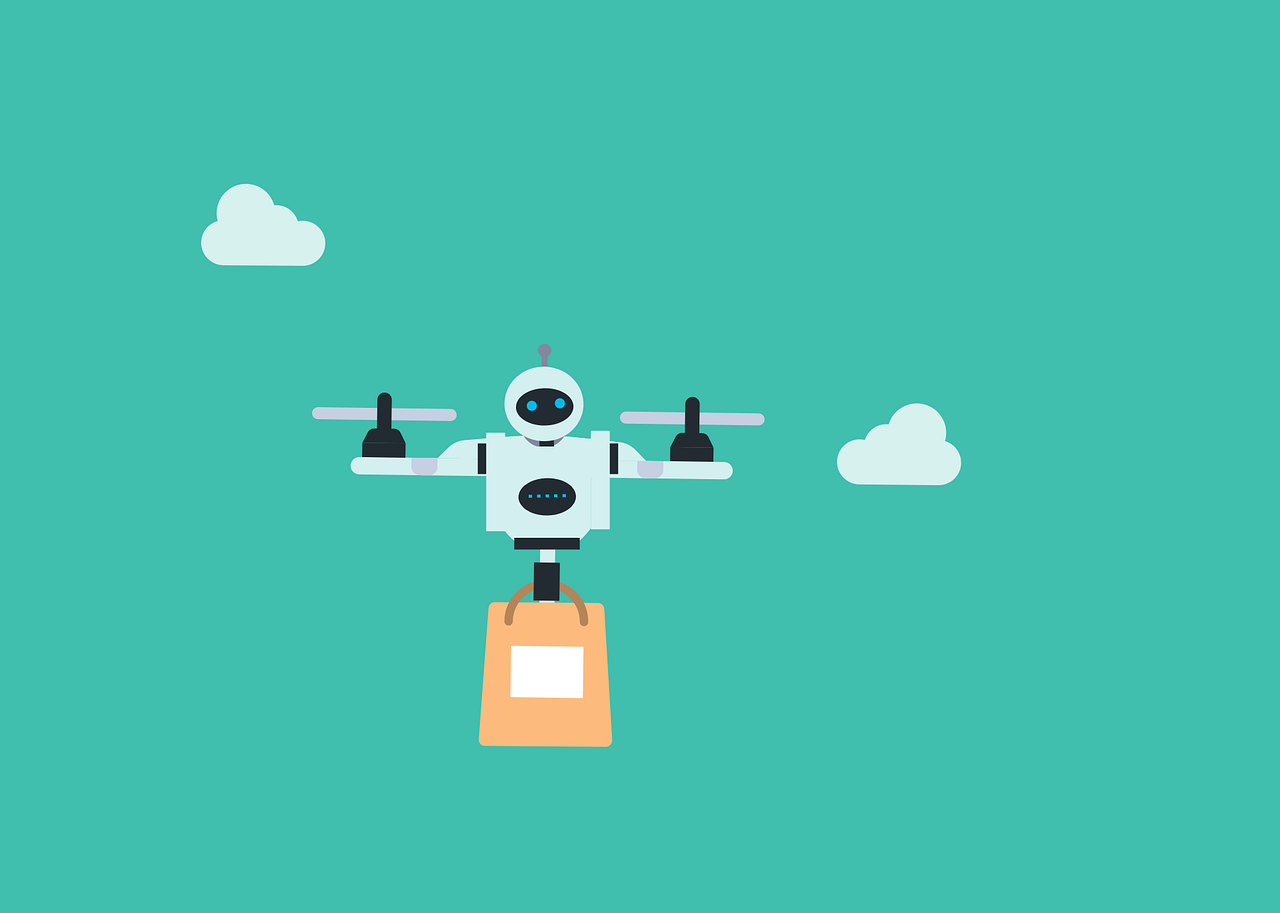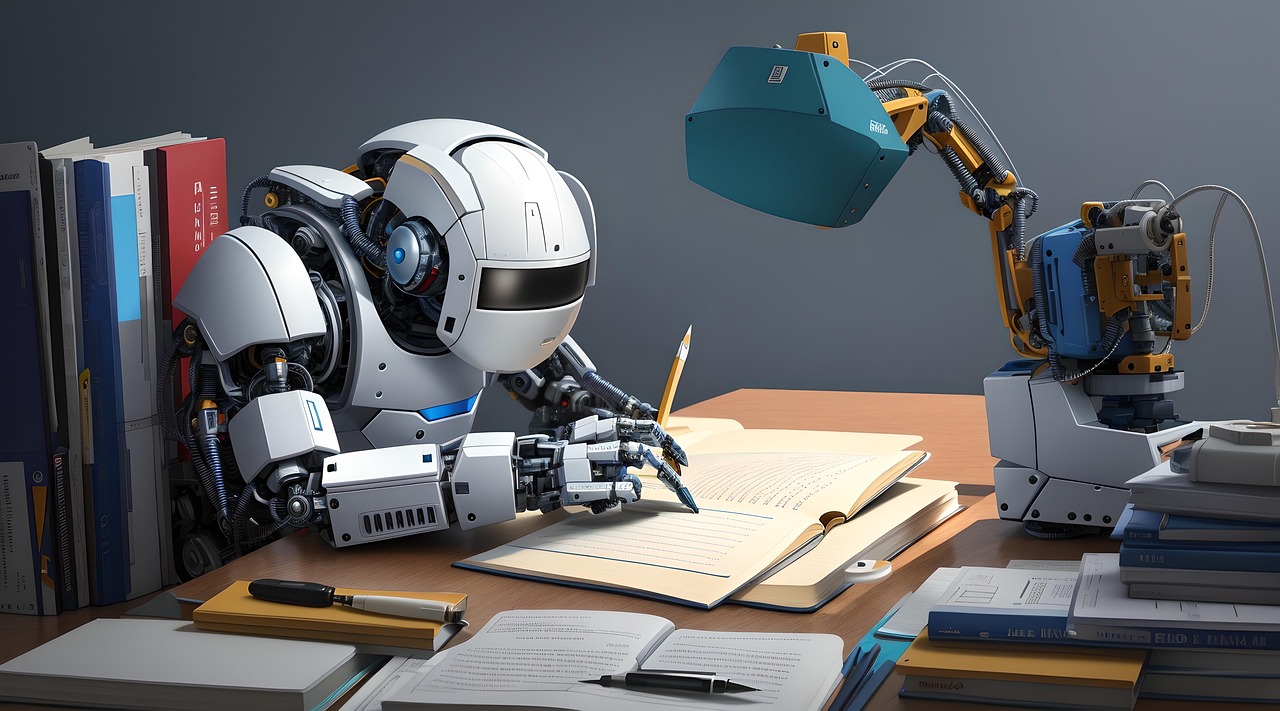The Impact of AI on the Job Market: Transformation, Challenges, and Future Opportunities

Brief news summary
The job market is rapidly transforming due to widespread AI adoption, especially in the tech sector. Major companies like Microsoft and Duolingo are prioritizing AI, leading to significant layoffs as automation reshapes traditional roles. Despite heavy investments, up to 80% of AI projects fail to meet expectations, and some applications—such as digital customer service agents—have underperformed, causing a return to human hiring. Microsoft reports 30% of its code is AI-generated, even as tech job postings hit a five-year low amid rising demand for AI skills. This shift demands extensive workforce retraining and skill development to remain competitive. Historically, technological revolutions create new jobs over time, highlighting AI’s long-term growth potential. To navigate this change, businesses, employees, and policymakers must emphasize adaptability, responsible AI use, and continuous reskilling to address challenges and maximize benefits in the evolving employment landscape.The job market is experiencing a major transformation driven by the rapid integration of artificial intelligence (AI) across numerous business sectors. This change is especially noticeable in the tech industry, where companies are actively experimenting with AI applications such as customer service chatbots and data analysis tools to optimize operations and improve user experience. However, despite the widespread enthusiasm and investment in AI-driven projects, their success rate remains highly uncertain. Industry studies indicate that up to 80% of these AI initiatives fail to produce the expected results, highlighting the difficulties of effective AI implementation. As businesses adjust to this evolving environment, some leading tech firms have begun to feel the impact more directly. Notable companies like Microsoft and Duolingo have recently announced sizable layoffs as part of a strategic shift toward AI-first models. These workforce reductions reflect a broader pattern in which automation and AI-driven processes are changing job requirements and organizational structures. Although concerns about potential extensive job losses due to AI adoption persist, many changes remain in their early stages. For example, certain AI implementations—such as digital customer service agents—have yet to reach desired effectiveness and have sometimes even caused setbacks. This has led some companies to resume hiring human employees in roles where AI has struggled to perform adequately, underscoring the complex and nuanced effects of automation on employment. Looking ahead, evidence suggests that AI adoption in the technology sector is both inevitable and increasingly widespread.
Microsoft, for instance, reports that around 30% of its codebase is now AI-generated, marking a significant shift in software development practices. This shift is also visible in the labor market, where job postings for developer roles are currently at a five-year low, likely reflecting productivity gains enabled by AI tools. In contrast, demand for AI-related skills has surged. In the United States alone, roughly one in four tech job listings now require AI expertise, emphasizing the critical need for workforce retraining and skill development to stay competitive in this changing landscape. This trend offers professionals opportunities to enhance their capabilities and move into roles that leverage AI technologies. The broader consequences of AI integration go beyond immediate workforce changes. Though disruptive, historical precedents suggest AI-driven innovation is likely to create new job categories and opportunities, much like prior technological revolutions. The aftermath of the dotcom bubble collapse, which triggered waves of innovation and job creation, illustrates how markets can adapt and evolve amid technological upheaval. In summary, while increasing AI use in businesses is reshaping the job market with uncertain short-term effects, it also offers potential for long-term growth, innovation, and new employment opportunities. Companies, workers, and policymakers must navigate this complex transition with strategies that emphasize adaptability, retraining, and responsible AI deployment to maximize benefits and reduce risks associated with this technological evolution.
Watch video about
The Impact of AI on the Job Market: Transformation, Challenges, and Future Opportunities
Try our premium solution and start getting clients — at no cost to you

I'm your Content Creator.
Let’s make a post or video and publish it on any social media — ready?
Hot news

TechSmith's 2024 Video Viewer Study Finds 75% of …
TechSmith Corporation, a prominent leader in visual communication, has released its 2024 Video Viewer Study, an extensive report examining global viewer engagement and preferences for instructional and informational videos.

AI on the frontline: Turning sales intelligence i…
Synopsis Artificial intelligence (AI) is transforming sales teams in India, empowering not just executives but also frontline staff

Meta Platforms Announces $10 Billion Investment i…
In June 2025, Meta Platforms Inc.

ByteDance promises to tighten up its new AI video…
ByteDance released Seedance 2.0 less than a week ago, sparking outrage among artists worldwide with a viral AI-generated clip featuring Tom Cruise and Brad Pitt fighting.

An AI voice recorder that can make sales? This on…
The ideal scenario for office workers is to simply press a button on a device that records meetings, transcribes conversations, and converts them into actionable tasks.

Microsoft's AI-Powered Copilot: Enhancing Product…
Microsoft has officially integrated an AI-powered assistant, Copilot, into its widely used Office Suite, marking a major advancement in user interaction with productivity software.

Seedance 2.0
Seedance 2.0 is a cutting-edge image-to-video and text-to-video model created by the tech company ByteDance.
AI Company
Launch your AI-powered team to automate Marketing, Sales & Growth

and get clients on autopilot — from social media and search engines. No ads needed
Begin getting your first leads today








